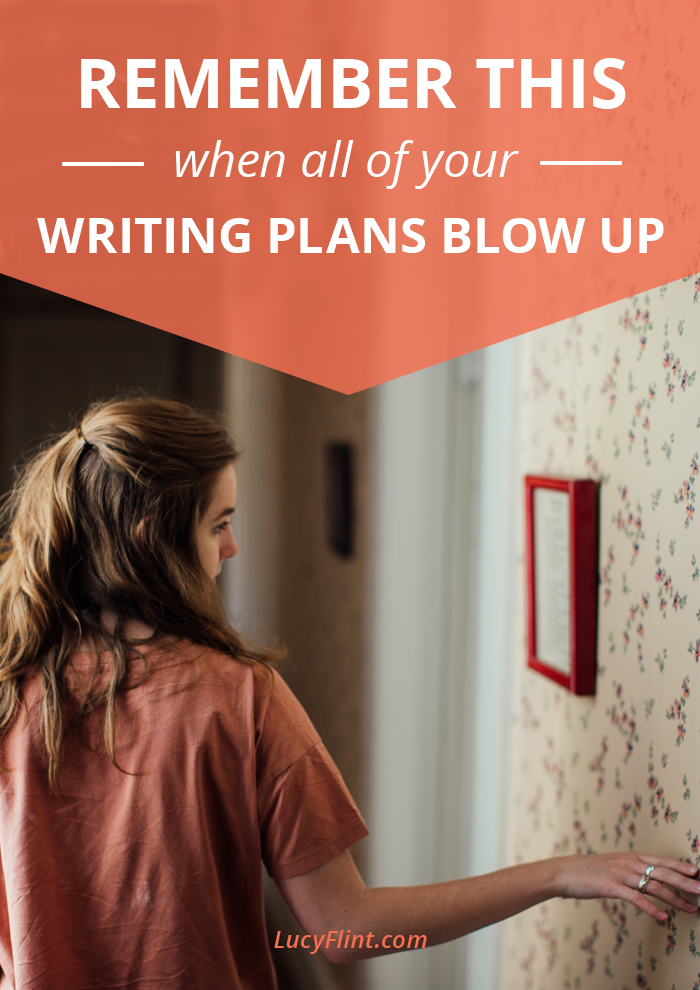This Is How You Develop Guts In Your Writing and Your Writing Life
/Hands up: Whose 2016 hasn't started quite the way she expected it to?
Who has maybe not done nearly as much writing as she hoped she would?
Wow... So many hands!
Haha. But seriously: does the year ever start as hopefully as we imagine? Maybe not.
If your writing has faltered a little, check out Monday's post (on sticking with it!) and then come back here, for the follow up. Because this is kinda like a Part Two.
This is the quote that we're ending our series on. It's one of the best ways to shape a writing life.
It's good.
You ready?
Today's quote comes from the marvelously creative SARK:
"We are repeatedly tested and challenged with our commitments, to give us a chance to recommit, over and over again."
YESSSSSS.
Think about how your writing has looked for the first three months of this year. And just let that quote sink in a bit.
We all face a bunch of difficulties, a series of circumstances, a sequence of being thrown off course: and over, and over, and over again, we keep coming back to the work.
This is huge, by the way, this sticking with it. This is how we win the game.
Perseverance is how we get the amazing, agile muscles we need—this is what makes us writers, in the face of everything that would make us something else.
But that's not all. At the very same time, we recommit. We rededicate.
And this recommitment is what gives us the huge, amazing, all-enduring hearts that writers need.
"Sticking with it" gets us back and working.
The rededication means, we do it with our hearts back on track. With our courage up and fighting. With a clearer vision. With steadied feet.
We get up, we brush ourselves off, we learn our lessons, we stick with it, we recommit.
Again, and again, and again.
As this process runs its course, we don't look like a bunch of defeated writers.
We look like the truly lionhearted wordsmiths that we are. Working with gumption and heart. Coming back to the writing.
Each time, our commitment drives deeper and deeper.
So if you've been knocked off balance by anything lately—whether it was something major crashing into your life, or whether it was the painful minor event of a project slipping somehow out of your grasp—
See this as your opportunity.
Opportunities are precious, incredible little events that open up a whole new path for you. (It's like Choose Your Own Adventure!! #nerdalert)
When you get back to your desk, when the dust has settled somewhat (or even as it's still falling!): take a little time to get back in touch with your purpose.
Remember why you're writing. Remember who you want to be as a writer.
Take a little time to intentionally recommit—not to the mere achievement of writing (though of course that's awesome).
Recommit to the two big things that you are daily creating:
The project that you're working on (showing up for it, and putting your heart into it), and the incredible path of your own writing life.
Both of these are truly worth your time. They're worth your full commitment.
And both will continue to shape you into the remarkable, lionhearted person that you are.





















